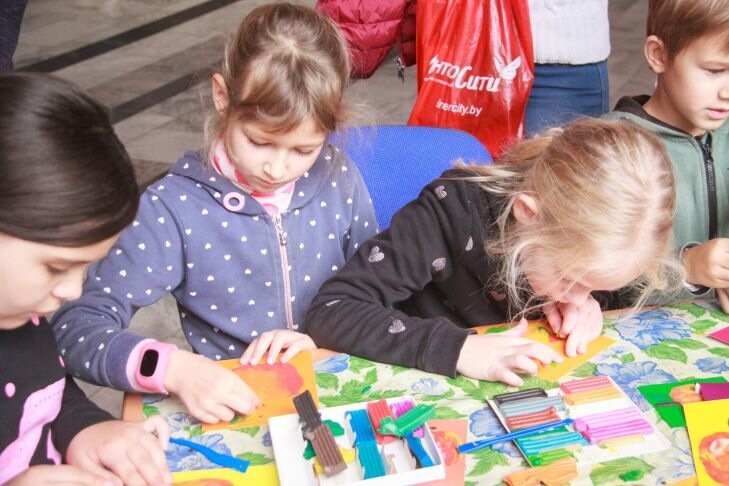Have you noticed how your child was assembling a construction set with sparkling eyes yesterday, and today he is indifferently kicking a ball around the room?
Perhaps you yourself, without realizing it, turned his hobby into a duty.
First mistake
Parents often want their children to succeed in their hobbies, but instead of supporting them, they unwittingly create pressure.

For example, you buy an expensive guitar and immediately enroll your child in classes, demanding daily exercises. It seems reasonable, but for the child it turns into an obligation.
He begins to fear not living up to your expectations, and interest fades.
Second mistake
Another mistake is to compare his achievements with those of other children. "But Masha is already playing etudes, and what about you?" - a phrase after which the guitar gathers dust in the corner.
A hobby should be a zone of freedom, not competition. Give your child the right to try, quit, make mistakes, and come back.
Otherwise, you risk raising a person who is afraid to get seriously interested in something, because behind every interest there is parental reproach or pressure.
How to understand where support ends and control begins
Imagine: your son is interested in football. You are happy, buy a uniform, a ball, and enroll him in a section.
A month later, the coach praises him, and you decide it’s time to get serious—you add individual training, reduce the time spent playing with friends, and remind him that “no pain, no gain.”
At first the child tries, but gradually begins to skip classes, and then completely declares that he is tired of football.
What's the problem? You've turned play into work. Children, especially younger ones, don't see long-term prospects - they care about getting joy here and now.
If a hobby stops bringing pleasure, they lose motivation.
Third miss
Another pitfall is overprotection. You want to help, so you stand over your child when they draw or build a model airplane.
“Hold the brush like this,” “You need to glue here more carefully” - these seem like advice, but in fact they deprive him of the right to his own creative process.
Children learn through trial and error. If you constantly interfere, they begin to think that their ways are not good enough and lose confidence.
Let them stain the table with paint, glue the parts crookedly and play the guitar out of tune. This is how individuality is born.
Fourth miss
What if the child changes hobbies like gloves?
Today robots, tomorrow embroidery, and the day after tomorrow – magic tricks. Many parents get angry: “You’ve given up again, you don’t finish anything!” But childhood is a time for experiments.
Imagine you are in a restaurant: to choose your favorite dish, you need to try dozens of options. It is the same with hobbies.
The task of parents is not to force them to "finish" something that is not tasty, but to give them a menu to choose from. If a child jumps from one thing to another, perhaps they are looking for something that will resonate more deeply. And even if they don't get attached to anything, that's normal. The main thing is for them to learn to listen to themselves.
Lastly, don't discount "weird" hobbies.
Does your daughter spend all day watching videos about space or collecting rocks? Don't laugh and don't say, "She'd better do her homework."
Interest is like a sprout: if you water it, it will grow into a tree. But if you trample it, it will wither. Even if a hobby seems useless, it develops critical thinking, curiosity, and perseverance.
Who knows, maybe in 10 years these stones will become the basis for a geologist’s career, and videos about space will be the first step into astrophysics.
Your job is not to decide what is important, but to create a space where the child can open up.
